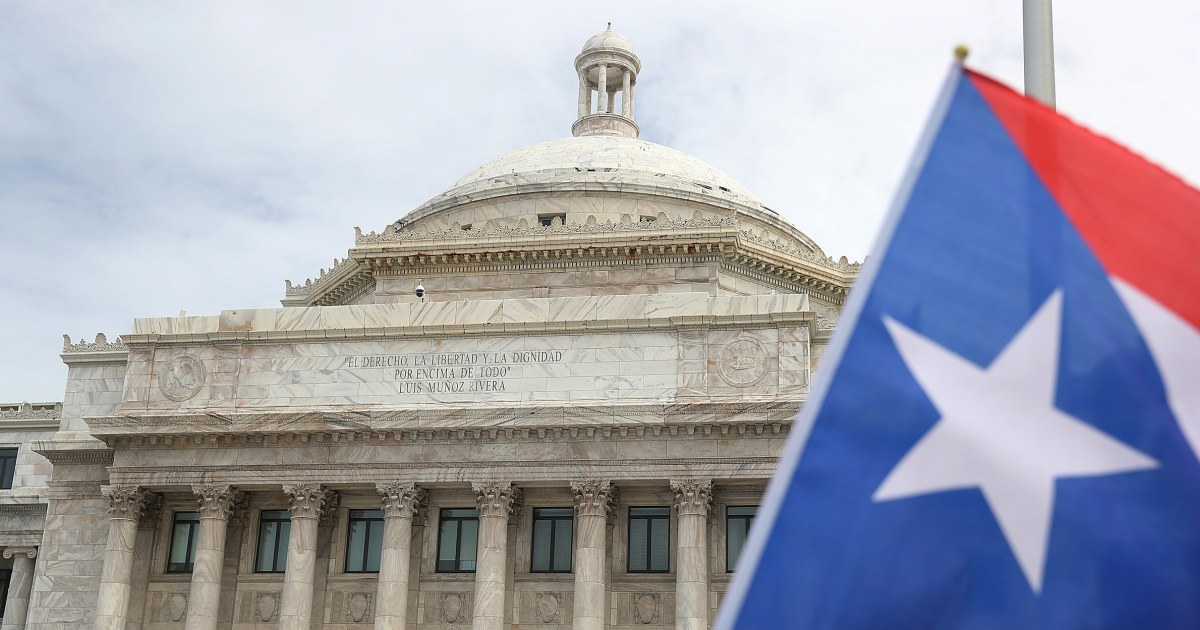
Puerto Rico’s government and a federal control board overseeing the the island’s finances disagreed Friday over how the U.S. territory should should exit a lengthy and contentious bankruptcy.
The two sides were at odds over a debt restructuring agreement for Puerto Rico’s power company and how to generate revenue for the island’s transportation authority.
Prominent legislators, including the president of Puerto Rico’s Senate, remain unconvinced by a tentative deal that would restructure more than $9 billion in debt held by the Electric Power Authority, the island’s largest government agency. Bondholders have to agree to the deal, which would cut the power company’s debt by more than 30 percent. But legislators and many citizens argue it would lead to even greater increases in power bills even as repeated outages continue.
That lack of support prompted David Skeel, the board’s chairman, and others to meet with legislators this week in an attempt to secure the votes needed.
Skeel said there could be other options if legislators reject the proposed deal, but he and other board members warned it would be riskier and more expensive.
Board member Antonio Medina agreed: “It opens the door to bondholders to pursue many legal routes … including receivership.”
Another sticking point between the board and Puerto Rico’s government is a proposed 8.3 percent yearly increase in tolls through fiscal year 2024 to improve road conditions and boost revenue for the island’s Highways and Transportation Authority.
The board said only 13 percent of Puerto Rico’s highways are in good condition, compared with a median of 84 percent in the U.S. mainland. It also noted that toll fares haven’t been adjusted since 2005.
“Yes, they’re huge,” board member John Nixon said of the proposed increases. “They’re going to have an impact on the public, but failure to implement them over time … is what’s leading to such a huge increase.”
Gov. Pedro Pierluisi, who attended the board’s meeting on Friday, rejected the proposed increase and said it’s not necessary because there are other sources of revenue. He noted that the average toll per mile in Puerto Rico is among the highest of any U.S. jurisdiction.
He said his administration remains committed to pulling the Highways and Transportation Authority out of bankruptcy by year’s end, but that he will not implement measures that would affect users.
The debt restructurings for the authority and Puerto Rico’s power company are the last major ones still pending nearly five years after the island filed for the biggest municipal bankruptcy in U.S. history after announcing it couldn’t pay its more than $70 billion public debt load.
Follow NBC Latino on Facebook, Twitter and Instagram.
Source: | This article originally belongs to Nbcnews.com









